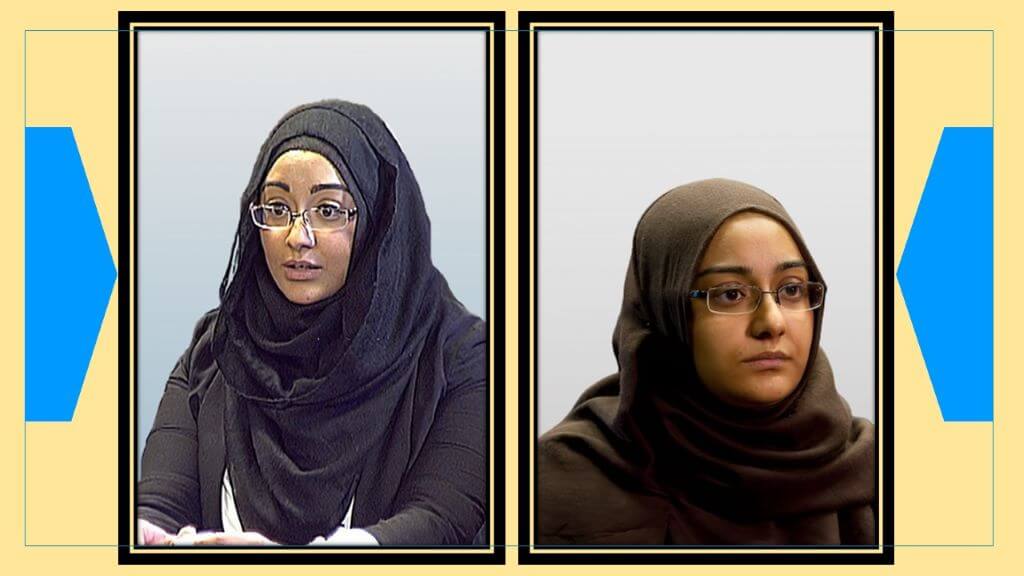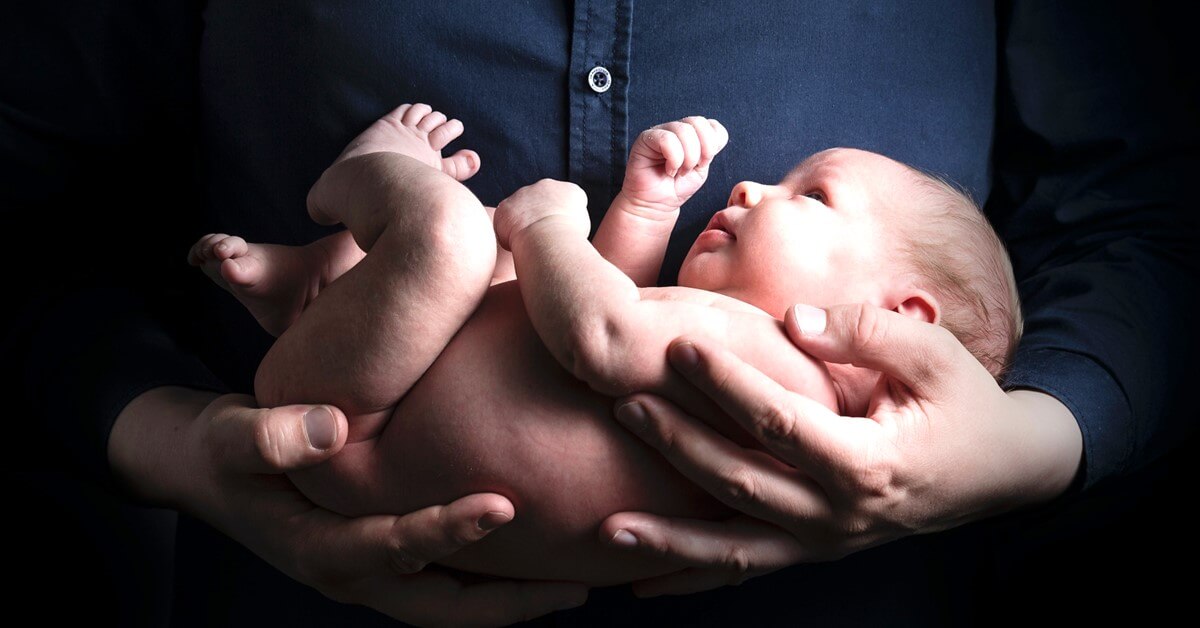Last updated on August 13th, 2022 at 06:20 pm
The IS bride Shamima Begum’s son Jarrah died of pneumonia in the detention camp in Syria. Jerrah was Shmmima’s third son to die who was named after a 7th-century Islamic warlord, Abu Obaidah Ibn al-Jarrah. Known as Obaidah, Jarrah was one of the first people to accept Islam, one day after Abu Bakr, the Caliph.
Shamima Begum, one of the British teenagers who fled from Britain in February 2015 to join ISIS and became a jihadi bride, expressed her intention to return to the UK as the ISIS caliphate collapsed facing the joint-force retaliation in Iraq and Syria. A serious inter and intrastates debate, and discussion gripped the world as to whether she should be allowed to return to the UK after being a Jihadi bride in the ISIS-controlled territory.
IS Bride Shamima begum: Civilised People Must Shun her
Her unapologetic statement of joining ISIS eventually cost her British citizenship. The British Authority decided to revoke her citizenship on the ground of possible security threats. Her statelessness left her nothing but to return either to Bangladesh from where her parents hailed or to Holland from where her jihadi husband came. But immediately, her intention to return to Bangladesh, the Bangladeshi envoy in London briefed that it has nothing to do with Shamima as to there is no scope for her to return to the country.

Moreover, Holland too denied her request of availing her citizenship of the country which left her rot in the detention camp with her newly born son Jerrah.
Having dead threats from the fellow refugees for exposing herself to the world and requesting to return she was moving from place to place with her son. As a result, Jerrah dies of pneumonia on March 7, 2019, at 1:30 pm local time.
After the death of Jarrah, Shamima’s father Ahmed Ali, 60, requested the British people to forgive her and bring her back. Mr. Ali said she was just 15 and immature to blame for action and flee the country and was rather blaming the British authority for letting her leave the country. From his spoken dialect, it is obvious that Mr. Ali is actually from Sylhet of Bangladesh.
Following the events, Caliph Mirza Mashroor Ahmed, who represent millions of the Ahmadiya sect of Muslims across the world said that Bangladesh should take back Shamima on the ground of sympathy. Muslim leaders in London said that she should be granted citizenship by any Muslim country.
To arrive at a conscious decision we ought to make our stand firm whether to go with rationality or to conceive the idea of abolitionism, which conceives that the punishment and imprisonment of crime do not make people any better. The question of morality may not be the same as the question of the legality of a country. But we must promote, advocate, mobilise the universal ideal that protects and safeguards the commoners.
Mar. Ali’s public apology to the British people on her behalf is nothing but a crocodile’s tears which implies that no son is bad to their father’s eyes.
Referring to her ‘immature’, he cannot thaw the fact that her taking steps to join ISIS was a conscious decision that she had to make on the religious ground. Motivation and aspiration of afterlife reward and making steps towards them do not come from an immature individual. This was reaffirmed by herself that “she does not regret joining ISIS” even when her fate was hanging like the sword of Damocles.
Understanding tears and laughter relates a great deal of conscience. Some people’s misery inflicts laughter to some other people while the same people who have caused misery are gripped with misery and expect others to shed tears. Some laughter does not seem as they are intended to be as some tears do to bear any meaning. The laughter of a cruel is meant to be the misfortune of others while a cruel’s tears more often than not meant to be longing for further misfortune.
Playing this double rule is only possible for the human being alone. Lebanese poet Kahlil Gibran writes:
“Upon the bank of the Nile at eventide, a hyena met a crocodile and they stopped and greeted one another. The hyena spoke and said, “How goes the day with you, Sir?” And the crocodile answered saying, ” It goes badly with me. Sometimes in my pain and sorrow, I weep, and then the creatures always say, “They are but crocodile tears”. And it wounds me beyond all telling”.
Then the hyena said, “You spoke of your pain and sorrow, but think of me also, for a moment. I gaze at the beauty of the world, its wonders, and its miracles and out of sheer joy, I laugh even as the day laughs. And then the people of the jungle say, “It is but the laughter of a hyena”‘.
British author and journalist Rebecca West said, “The trouble about man is twofold. He cannot learn the truths which are too complicated, and he forgets the truths which are too simple”.
Nevertheless, radical Islamic organisations such as ISIS do not make an immature decision to target immature women. Being a topper academically, Shamima thinks she made the conscious decision to save the Muslim Ummah by being sympathetic, supportive and ready to beget fanaticism.
Our Crime: We Must Own
A crime is a crime when done or backed by any individual and entailed punishment. Humanity’s passion for supremacy and control outran the reason for common benevolence. British philosopher Bertrand Russell said, “The whole problem with the world is that fools and fanatics are always so certain of themselves, but wiser people so full of doubts”. Because of ‘doubts’, ‘suspicions’, and moral and rational uncertainty the passion for fanaticism and educated ignorance are held high.
Why Bangladesh should accept Shamima is beyond my understanding while it has already been struggling with 1.5 million Rohingya Muslim refugees from 2017.
Studies reveal that these returnees and stranded refugees in Syria are potential threats to the originating countries while they are capable of causing any damage to the people by being prospective recruiters for the radical groups.
Like those second generation who rushed to the ISIS region with the hope to support the cause of establishing the Islamic Caliphate, the thousands of children being born inside the Rohingya refugee camp in Cox’s Bazar in Bangladesh may cause greater damage to the prevailing peace, harmony, laws, and order. Desensitised these men and women returned from the war zone can carry out even more devastating threats. Therefore, allowing return and citizenship of these disappointed Jihadi fighters would be tantamount to putting an axe on one’s own ankle.
Preventing their return, awarding them with statelessness, baring their all forms of rights by snubbing their right to cause any further destruction to any innocuous human beings would certainly not be a ‘stain on the conscience’.
